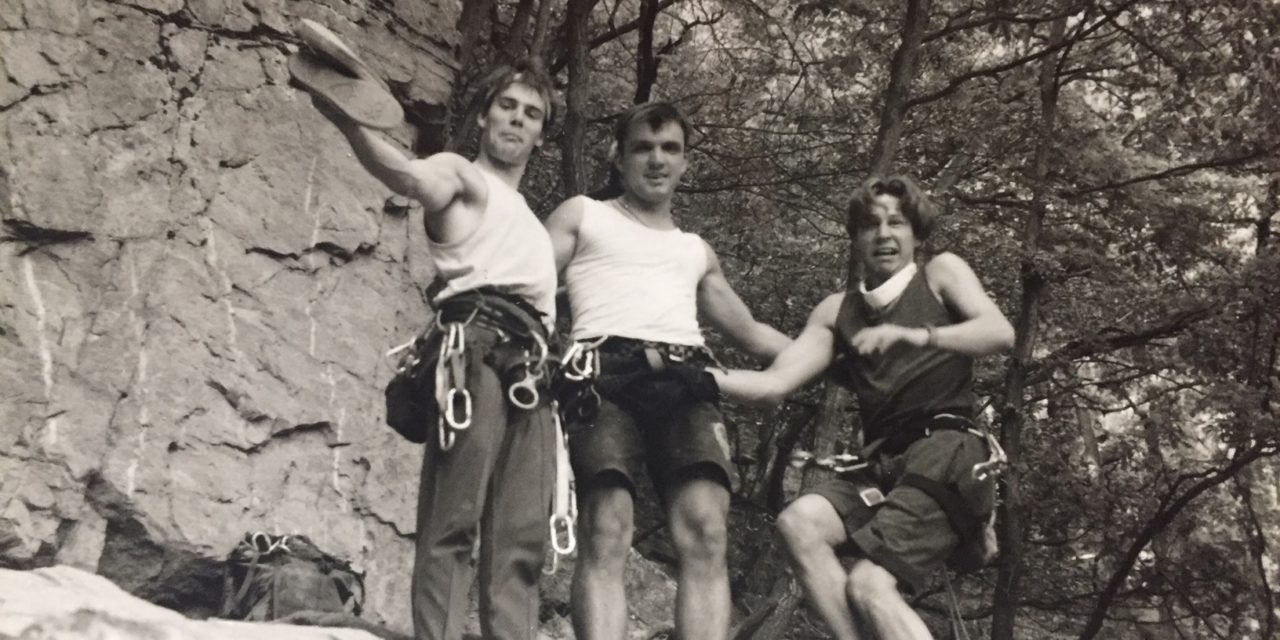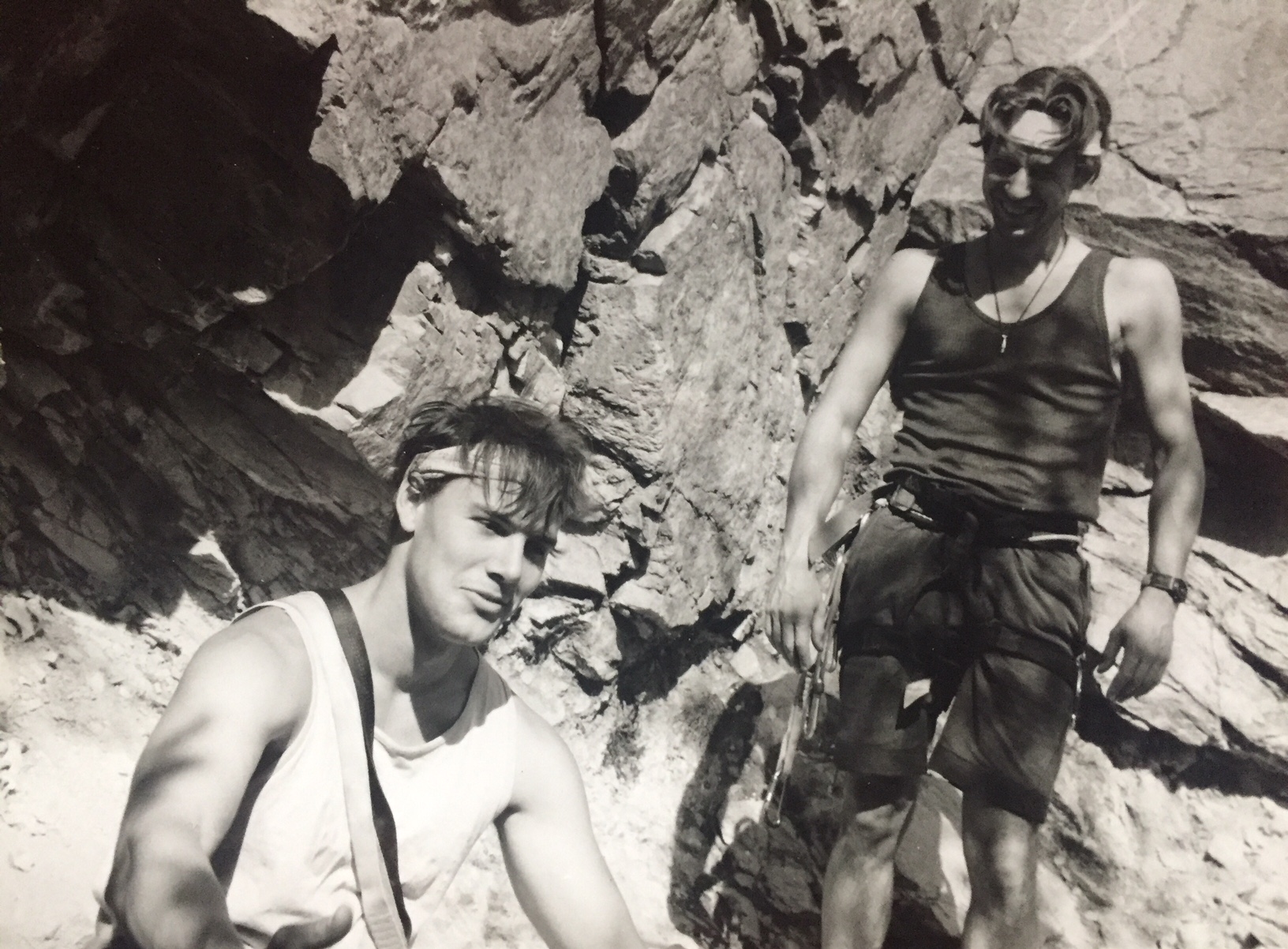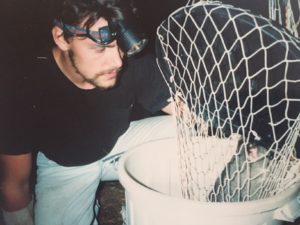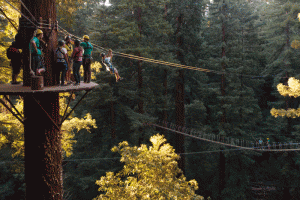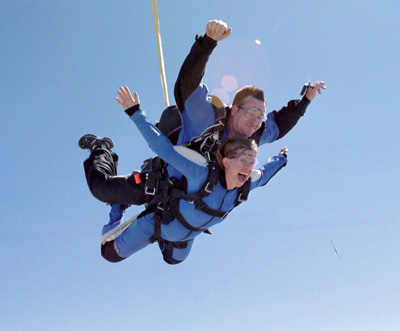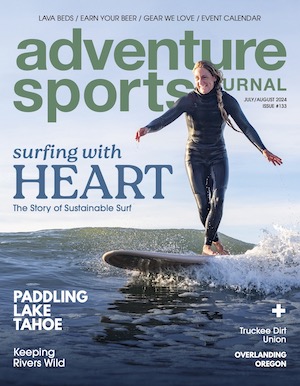- Tahoe’s Nevada Beach Tops the List of Hard-to-Book Campgrounds - 07/17/2024
- Cannabis Watershed Protection Program Cleans Up Illegal Grow Sites - 07/10/2024
- French Fire - 07/05/2024
—and the ‘Rest Day’ in the Everyday
By Sean Toren
There is a dream on road trips, at least among my people, to have full days of adventure—and max out every second of the trip.When I was younger (when it wasn’t just a vacation, but simply living), it was all climbing all the time—dawn till dusk. As I’ve gotten older, it’s turned into striving for ‘two-fer’ days. It could be mountain biking in the morning, before the day heats up, then climbing in the shade in the late afternoon—or even a hike. If you’re obsessed enough the pace can start to feel hectic and exhausting instead of invigorating. Enough days in a row of that, of course, and you have to take a rest day.
When I was first learning to trad climb in the 80s—in places like the Needles of South Dakota and New River Gorge—the learning curve was steeper than the rock for me and I needed the rest days more for my head than my body. The relief to be doing anything but leading was always huge. Later it was flipped, and the rest days were really just for my body so I could allow the cells of my blown fingers or tweaked elbows to knit themselves back together.
Rest Days We Choose
Some of the sweetest days in my life have been rest days I chose while on long climbing trips—time off I felt I had ‘earned’. At Sunnyside walk-in campground in Yosemite, drinking chocolate milk and watching dust motes settle through shadow and sunlight after getting off a wall. Or Mount Arapiles, spending the better part of a day digging a pit trap to capture a bandit possum that kept stealing our food.
Each of these extended moments were ones where my senses were more open to mundane beauty and where I was highly aware of the state of my mind and emotions and body. I found I was also better able to tolerate hassles because the pressure of needing to “get stuff done” as well as the stress of climbing had been removed. Each of these moments was in fact pure delight.
Rest Days We Don’t Choose
But there are also days when it’s storming or the rock is simply too wet or you get injured. These are days when the ‘rest’ chooses you—and you can roll with it, or get really, really grumpy. These have been some of the most frustrating moments in my life. Like travelling to Elbsandstein in former Eastern Germany, just after the Berlin Wall came down. It took some effort to get there, and then we discovered that the sandstone cliffs, which grow too soft to climb on after heavy rains, had been closed the day we arrived.
I was pretty disappointed. I had been psyched to get on the famous rock with its massive belay rings and its tradition of climbing off your belayer’s shoulders for the R-rated race to the next ring. But the forced rest day drove me and my West German friends out of the soggy woods of Saxony and into an extension of our road trip—into the colossal Dorf of Berlin to “make the most of it.”
I got to see the fledging reunification through my German friends’ wide eyes, and instead of sleeping in a tent we crashed on the floor of another friend’s high-ceilinged apartment, caught up in a whirlwind of East-West parties by night and cafes by day (fueled in part by the three “lost” 100 Mark bills I found stuffed in the pages of my passport).
We finally managed to get some super-urban climbing in—bolted routes on the side of a bunker, with shallow finger divots that were supposed to be from bullets shot at the concrete—and the whole experience ended up being as memorable as most of the climbing I did during the four years I lived in Germany. A series of delights strung together.
This concept of the ‘rest day’ recently lined up for me as another metaphor for thinking about how to live mindfully. I realized that we get moments in every day—some chosen, some not—that can be taken like a mini-rest day from our normal 24 hour ‘trip’.
I’ve created a habit of trying to get into this conscious living almost every day by trying to be mindful while eating breakfast. But when I really need the right perspective is when things get hectic and the rest day chooses me—when I’m stuck in crosstown traffic in the rain and in a rush to get my kid to the dentist, which just happened the other day. In such moments I’ve learned that I have make myself ‘choose’ the rest day.
How can we ‘choose’ the rest day when we feel the hectic rising?
Do what I tell my therapy clients: We can take a deep breath and take stock with all of our senses.
What do our first five senses tell us about where we are? What can we see, feel, hear, smell, taste? This helps get us to where our bodies are. Once there we can focus on our proprioception—how the body is positioned in space (our joint and muscle sense). And finally, how do we feel inside of our bodies—our sense of interoception, also known as ‘felt-sense’? Where do we notice activation, for example, and how does that activation ‘feel’?
I’ll often find that when I’m carrying sadness, for example, from work with a therapy client, physically locating it helps me recognize it and begin to let it go—and to let go of the sense of ‘hectic’ that was welling up inside of me during rush hour traffic. At other times I’ll notice an expansive feeling of joy in my throat—and recognizing that can make me feel even lighter.
We can all choose the mental space of a rest day even when battling with stop-and-go traffic—with all our senses working, perspective in hand, pressure off. You might catch sight of a scrappy bunch of crows, roosting in a tree next to the highway, suddenly paired with the smell of hot asphalt and gas. Or notice a kid in the car next to you, banging rhythmically on his mother’s seat, laughing while she yells angrily—and ‘hearing’ them with your eyes. You may even notice something ‘inside’ of you, like tension in your neck, or an antsy feeling in your feet, which, now noticed, can begin to relax.
Any of those things can draw you back into the moment and allow your perspective to change. What’s the worst that can happen if you’re late? An apology? A reschedule? Ha. You’ve probably had hard moments on rock or wheels, in water or air, when you would have traded anything for a rest day—or the problem of rescheduling an appointment.
From that simple perspective-taking, come from paying attention, we can all find the rest day within the everyday and get back to the joy in being alive—and to having more moments of pure delight.

